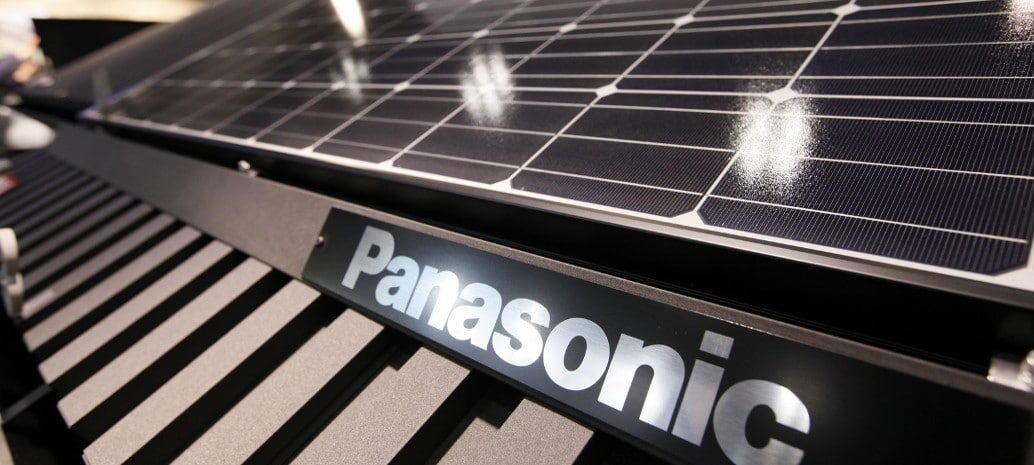The government of the Ivory Coast has signed a concession agreement with infrastructure investor PFO Africa for a 52 MW solar PV plant in the village of Sokhoro, in the northern part of the West African country.
The project will cost XOF 39.5 billion ($65 million) and will be entirely financed by Ferké Solar, a subsidiary of PFO Africa, which will also build and operate the plant.
Construction will begin in the second quarter of 2024, with commissioning scheduled for the third quarter of 2025. According to Ivorian Energy Minister Mamadou Sangafowa Coulibaly, the project will create 150 jobs during construction and 15 permanent jobs during operation.
The minister said that contracts are currently under review for the construction of other solar power plants, with a cumulative capacity of 600 MW. Commissioning of these projects will take place in 2025 and 2026.
Coulibaly said the Ivory Coast’s installed solar capacity currently stands at 2,907 MW. The country is now working toward deployment targets of 3,500 MW in 2025, 5,200 MW by 2030 and 8,600 by 2040.
Ivory Coast’s first solar power plant, located in the northern town of Boundiali, was commissioned in 2022. It currently has a capacity of 37.5 MW, but Coulibaly says this is set to expand to 80 MW, with financing for the expansion already approved by the Council of Ministers.
The Ivory Coast has vowed to reduce its greenhouse gas emissions by 32% and increase the share of renewable energy in its energy mix to more than 40% by 2030. According to the International Renewable Energy Agency (IRENA), the Ivory Coast had 13 MW of cumulative solar capacity in 2021.
This content is protected by copyright and may not be reused. If you want to cooperate with us and would like to reuse some of our content, please contact: editors@pv-magazine.com.




2 comments
By submitting this form you agree to pv magazine using your data for the purposes of publishing your comment.
Your personal data will only be disclosed or otherwise transmitted to third parties for the purposes of spam filtering or if this is necessary for technical maintenance of the website. Any other transfer to third parties will not take place unless this is justified on the basis of applicable data protection regulations or if pv magazine is legally obliged to do so.
You may revoke this consent at any time with effect for the future, in which case your personal data will be deleted immediately. Otherwise, your data will be deleted if pv magazine has processed your request or the purpose of data storage is fulfilled.
Further information on data privacy can be found in our Data Protection Policy.